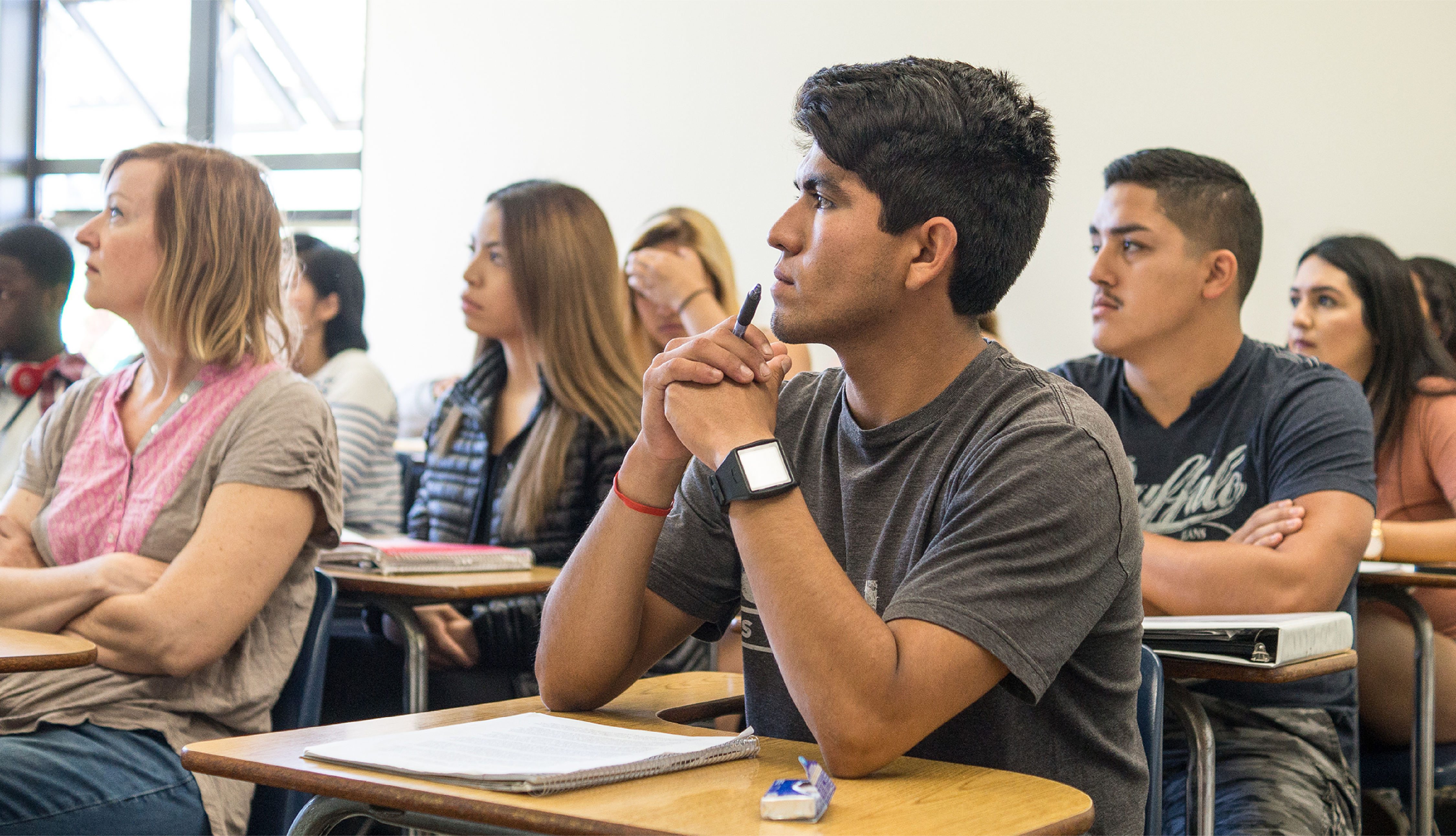
Learning Colectiva
Aprender y Crecer Juntos | Learn and Grow Together
Learning Colectiva courses are “learning community” courses which means they are open to Raíces scholars and offer an opportunity to strengthen your relationships with other Raíces scholars.
Our Learning Colectiva Courses offer students and faculty the opportunity to:
- Connect lived-experiences with course material.
- Co-create course assignments, activities, and content.
- Belong in a supportive environment for personal development and growth.
- Build bridges between multiple Learning Colectiva courses.
- Embody our Community of Practice/Aspiraciones de Crecimiento.
- Develop a network of Raíces Colegas who can serve as familiar faces in classes, around
campus, and more!
Spring 2026 Learning Colectiva Courses
The “closed” Learning Colectiva courses are listed in the course schedule as "Standby," and we have Add Codes available for students interested in joining Raíces or Umoja!
The Learning Colectiva courses with reserved seats are noted in the section below, and we can provide Add Codes once the “open seats” are filled.
For Add Codes, please contact:
Sergio Lagunas, Raíces Program Coordinator: slagunas@pipeline.sbcc.edu OR 805-730-5111
Nathalie Quintero, Raíces Program Advisor: nquintero3@pipeline.sbcc.edu OR 805-730-5116
COMM C1000: Introduction to Public SpeakingProfessor Rebekah Rodriguez Course Meets: SBCC GE Area 1B, CAL-GETC Area 1C, CSU GE Area A1 |
|
CRN: 52403 (3 Units) |
ENGL C1000: Composition and ReadingProfessor Jenny Braxton Course Meets: SBCC GE Area 1A, IGETC Area 1A, CAL-GETC Area 1A, CSU GE Area A2 |
|
CRN: 52140 (4 Units) In our course, we will explore themes in our readings and writings related to transformation, belongingness, and resilience. The two books we will read center Latine voices and class assignments will encourage students to connect their own experiences to their academic work, as well as to the social systems they are a part of. I hope students will come away from our class with a close community of friends and
a greater sense of agency with their reading and writing skills so they feel confident
about being successful college students and humans. |
ENG 111: Critical Thinking Through LiteratureProfessor Tino Garcia Course Meets: SBCC GE Area 1B, IGETC Area 1B, CAL-GETC Area 1B, CSU GE Area A3 |
|
CRN: 50505 (4 Units) This course disrupts English class norms, diversifying and deepening how we deliver words, read literature, and, through them, inhabit the world. This semester we will explore representations of “monsters” in literature and society, thinking critically about how monsters are used by different groups for a variety of purposes. As a community of scholars, we will empower each other by elevating texts from multilingual, multiracial, and marginalized heritages and examining them through diverse critical lenses. As we examine texts, we will dig into our own cultural wealth through varied and vibrant stories, poems, and dramas, enriching our sense of what it means to read, think, or write "well” and questioning norms that “monsterize” ways of knowing or being that do not fit “standard” molds. Our writing projects offer an ample choice of topics, options for alternate formats and collaboration, and the chance to revise. Accentuated by music, mindfulness, and meaningful texts, we will cultivate a relaxed, engaging space for self-examination, social inquiry, and academic growth. |
SOC 101: Introduction to SociologyProfessor Mario Galicia Course Meets: SBCC GE Area 4, IGETC Area 4, CAL-GETC Area 4, CSU GE Area D |
|
CRN: 52121 (3 Units) Course Description: This course introduces the sociological imagination as a theoretical and methodological lens for understanding the relationship between individual experience and broader social structures, with particular attention to Latinx identities and social formations. Students will engage classical and contemporary sociological theories to analyze how race, class, gender, and culture intersect in shaping opportunity, inequality, and collective action within Latinx communities. Drawing on critical, intersectional, and transnational frameworks, the course examines key sociological concepts—such as socialization, deviance, stratification, and institutions—through the study of Latinx experiences across local and global contexts. By connecting theory to empirical research and lived realities, students will develop the analytical tools to interrogate dominant paradigms and understand how Latinx communities both reproduce and transform the social order. |
Contact Us
raices@sbcc.edu
(805) 730-5135
![]() @raicessbcc
@raicessbcc
Already a Raíces Scholar? Visit our group in your my.sbcc.edu account
Visit Us
West Campus Center
Room 206 and 207
Monday, Wednesday, Thursday
8:30 a.m. - 4:30 p.m.
Tuesday
8:30 a.m. - 6:00 p.m.
Friday
8:30 a.m. - 1:00 p.m.